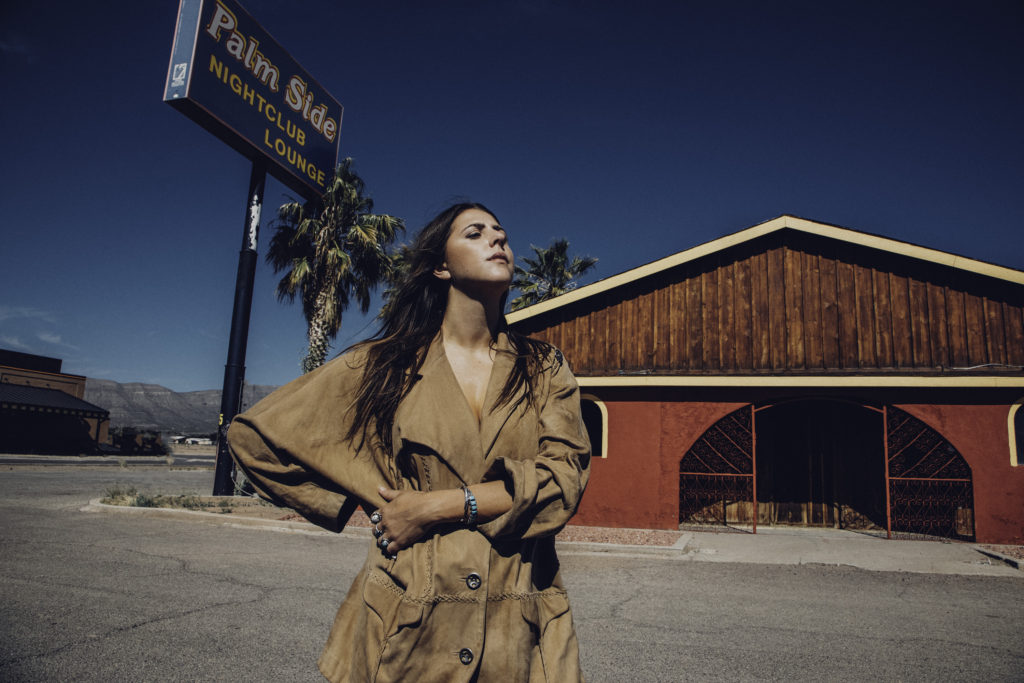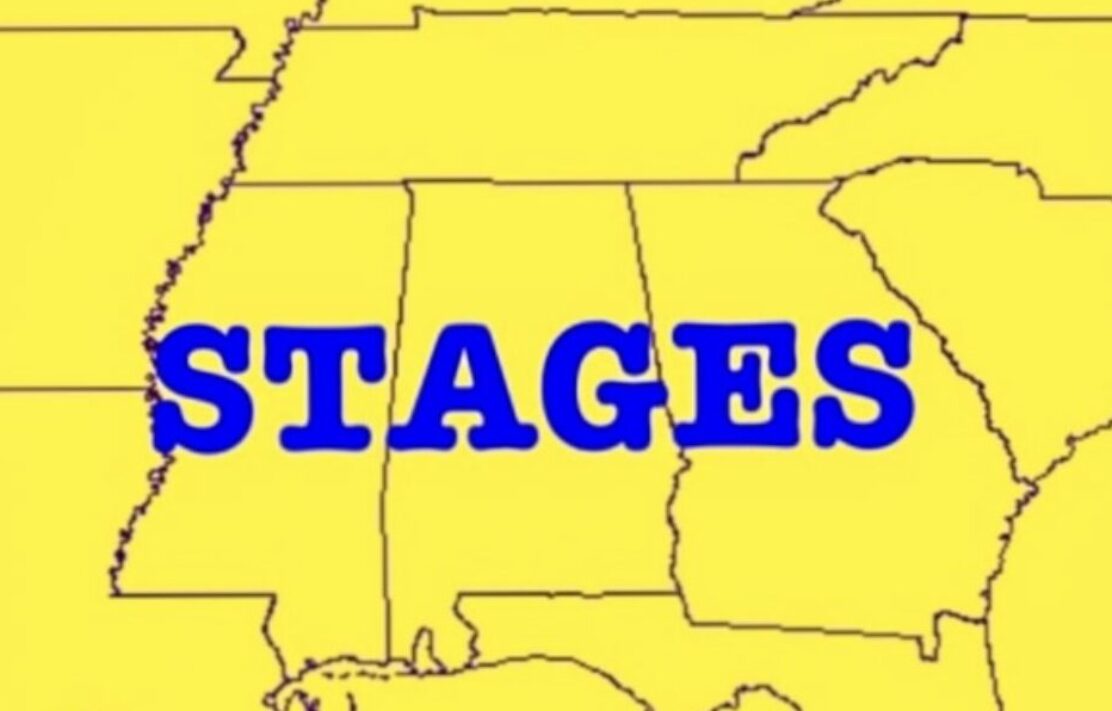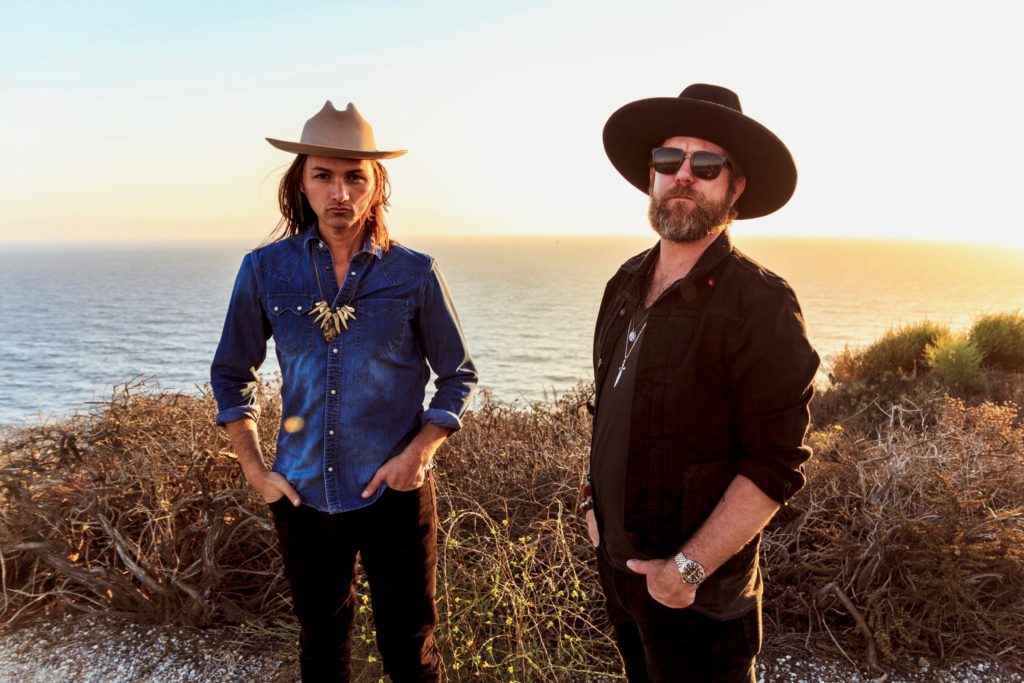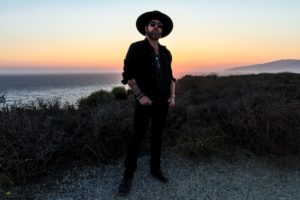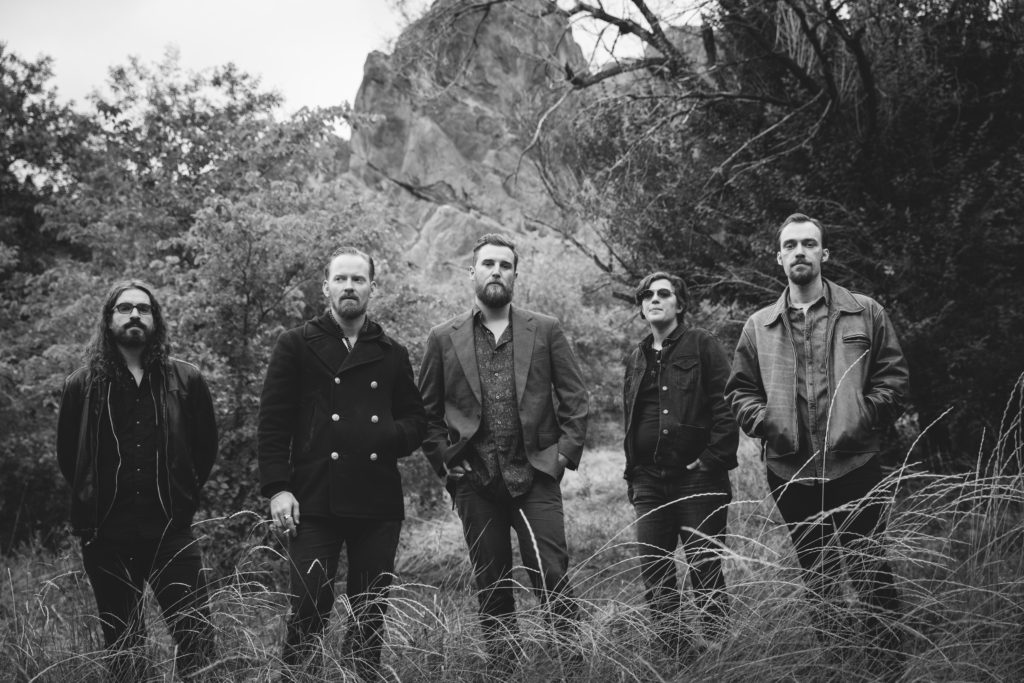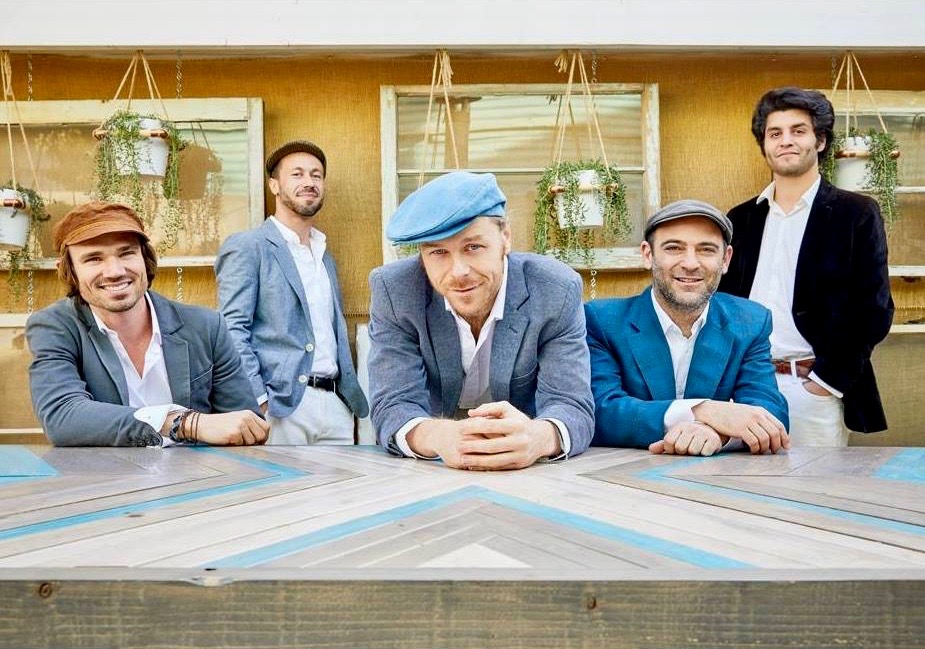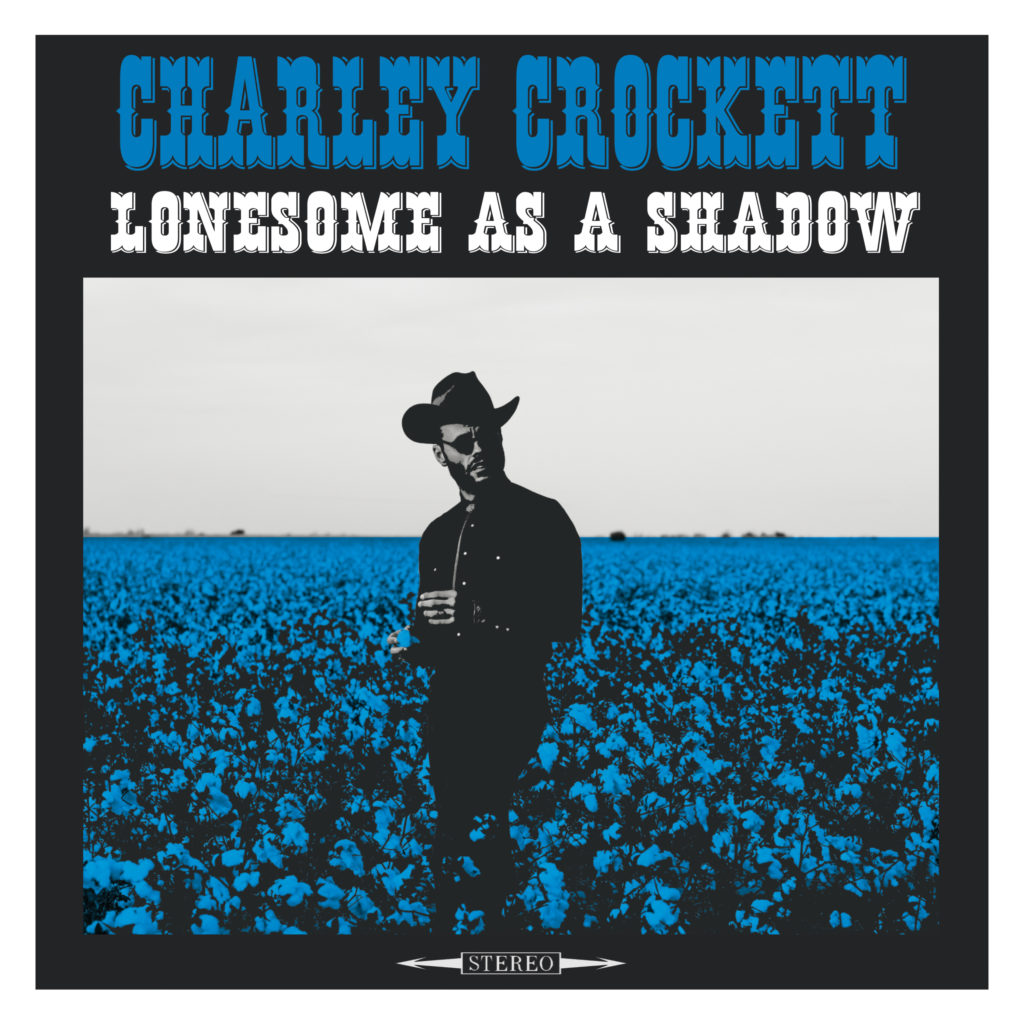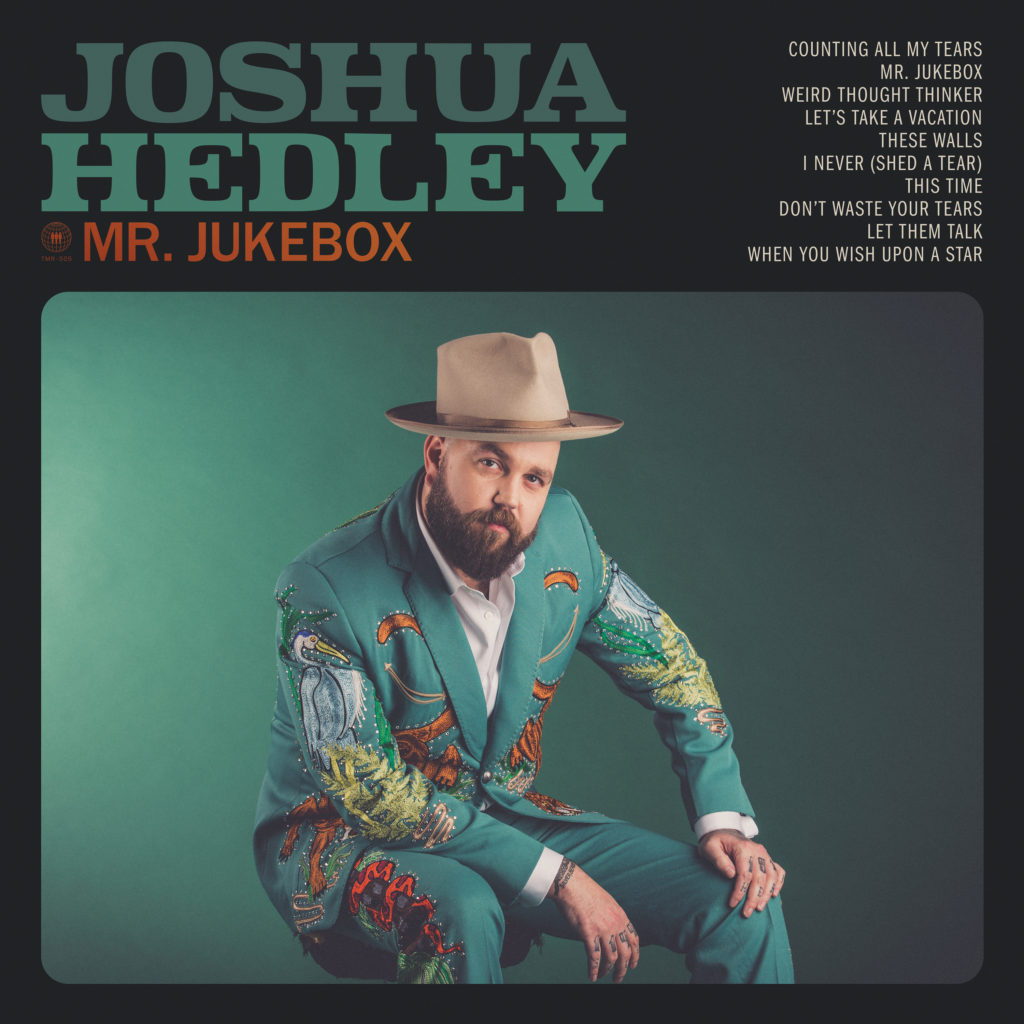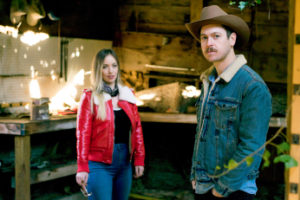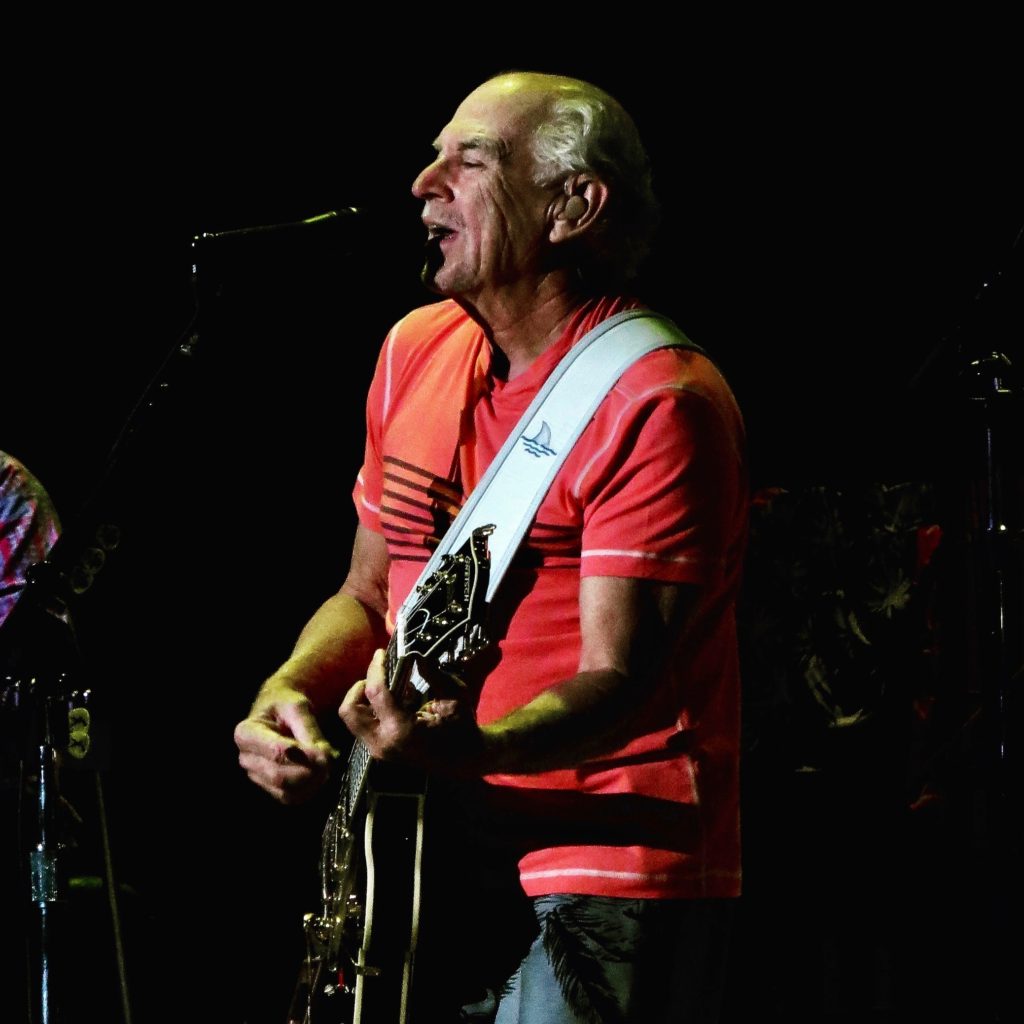By Blake Ells
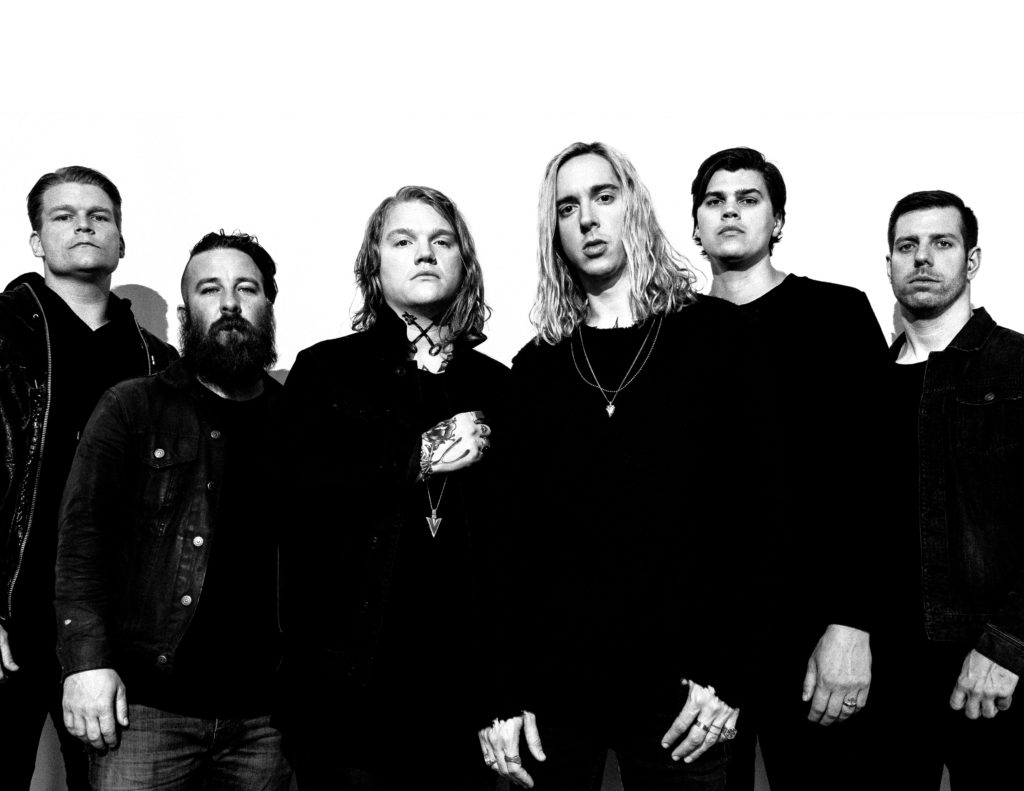
Photo Credit: Nick Fancher
UnderOath has a long history with Birmingham. Their first record deal was with Takehold Records, the Christian-centric Birmingham label that was acquired by Tooth and Nail that also hosted an annual festival called Takehold Fest in town. And it was at Cave 9 that Spencer Chamberlain performed his first show as the band’s lead singer.
The band parted ways with each other after earning a couple of Grammy nominations. That was around 2013, but they got back together to celebrate their biggest release and accidentally got the band back together for its first album in eight years.
Keyboardist Chris Dudley spoke with us about that record, how the band reunited and how the “scene” has evolved—if you want to call it a scene.
Birmingham Stages: Why did you guys decide to reunite and put out a record for the first time in eight years?
Chris Dudley: It’s a little bit of a long story, but the gist of it is—we hadn’t initially planned to do that. We broke up and a few years later, we realized that we had a ten-year anniversary coming up for Define the Great Line. The initial plan was just to get together and play a show for that—just a hometown thing to celebrate that record.
That sort of snowballed from that into a weekend of shows into, “What if we played for a full week?” and that ended up being a full tour. We thought, “Okay, we’ll go out and do this tour celebrating those two albums; just have fun together.” It wasn’t a “the band’s back together” thing at that point. I guess it was about halfway through that tour when we realized: A – how much fun we were having and again and B – in those years since we had broken up, we had all kind of grown a lot. And at that point, Aaron [Gillespie, drums] had not been in the band in, gosh, I think eight years? He had grown a lot, our relationship had changed a lot—so we got to talking on that tour, “If we did want to do the band again, what would that look like?”
So that was the genesis of the idea. At first it was just wanting to get together and play a show, but we realized, “Hey, we can actually be a band and do it sustainably and not have to kill ourselves.” [laughs] It all ended up turning out well.
Birmingham Stages: What did you need to make it happen? Was that piece Aaron? Was it something else?
CD: It wasn’t Aaron. I think the biggest thing was me and Tim [McTague, guitar] and James [Smith, guitar] getting into a spot where we were comfortable with it because we’ve all got multiple kids and wives at home. When we broke up, the gist of that the three of us were not down for being on the road nine months a year; being gone all the time. And at that point, we were like, “We’ll do UnderOath at 100%, 110%…” because I started playing in UnderOath when I was 16-years-old and I’m about to be 35. That was the only thing we had known. And our view on it at that point was, “We’re either going to do UnderOath at 110% or we’re not going to do it at all.” But that 110% to us at the time just meant being on the road all the time.
When we started talking about doing the band again, the big thing for us was, “This is a ton of fun. We’re having fun doing it. We love each other. But me and Tim and James aren’t going to do this as a ‘get the band back together’ per se unless we can come to some sort of agreement on being gone.”
Which we did. We got to a point where we’re really not gone more than three months a year, which has been beneficial in ways that we really didn’t even realize. When we are going out there—when we are on tour—we don’t feel obligated at all to be there. It’s really like, “We’re getting to do it again.” We’re having fun. We’re enjoying being on the road. We’re enjoying each other’s company. And we’re not to that point where we’re just tired of looking at one another and just wanting to go home [laughs].
That’s been great, and so far, it’s working out awesome. We’re about to head out on our first tour since officially being a band again. We’re pretty stoked on it.
Birmingham Stages: What have you been doing in the meantime?
CD: A lot of family time; catching up on time with my kids, which was great. I’m actually scoring some films which is pretty cool. I’ve been wanting to get into that for a while, and I’m finally doing that. I’ve got a couple of those that will be out this year.
I’ve been writing a lot. Because I realized when the band broke up that I hadn’t written in a long time without feeling obligated to; UnderOath, there was always a cycle of writing and recording and touring and, when it came to write, I wasn’t writing because I felt like I had all of this music in me but because, “Well, we need to have a record out by summer of next year, so we need to start writing.”
After we broke up, I was doing a lot of writing and not knowing what the music was going to be for. As it turns out, a lot of that music ended up on our new record.
Birmingham Stages: How did this collection of songs happen? Was it a lot of music that you already had lying around? Was it something you wrote together when you got back together?
CD: It was a little of both. When we decided that we did want to make a record, there was definitely no shortage of creative juice to squeeze. Because we had all been not writing together for years and we had a lot of ideas; a lot my stuff that was written but didn’t really have a home—Spencer [Chamberlain, vocals] had another band he had been doing for a while and he had a lot of material that he had written on his own; Tim had another band; Aaron is always writing. We had a ton of ideas, it was just a matter of getting together and working through stuff to figure out what the album was going to sound like. That was a whole process in and of itself because one thing that we didn’t want was that we didn’t want to try to write an UnderOath album. We didn’t want to try to write an album that “sounds like UnderOath.” We didn’t want to have it feel fake or contrived. “Now we’re writing for UnderOath, so the guitars have to sound like this.” We wanted to get together and the stuff that was exciting us and the stuff that we were pumped on, that’s what we wanted to be on the record. I think that’s a big reason why the album sounds as different as it does. We really threw out that idea of, “Oh that doesn’t sound like UnderOath” and it was more like “If we’re in the studio and we’re hearing this riff or this part of this song and we’re all laughing because of how excited we are about it, then it’s going to go on the record.”
Birmingham Stages: How have you managed to maintain a linear sound through a lot of turnover?
CD: I guess that’s two-fold: One, I don’t know that we have had a linear sound. It seems like every record that we put out has been a pretty big departure from the record before it.
And two—as far as the “turnover”—it’s usually perceived as being more of a thing than it is, I think. If you look at Wikipedia or whatever—past members of UnderOath—that was almost all when we were in high school and nobody knew who we were. Once we got serious and we realized that this was what we wanted to do and we went all in, that was basically right when Spencer joined the band in 2002 or 2003. In my mind, that’s when UnderOath became UnderOath; Aaron left and came back, but even throughout that time, there was a lot of different music coming out. The record that we put out with Spencer was a lot more melodic, a lot poppier than anything we had done before. And when the time came for the next album, which ended up being Define the Great Line, the label and everyone is like, “Well, you need to lean into these pop tendencies. Write bigger choruses.” All this stuff. “Then you guys will be huge.” But that’s not what we were feeling. We wanted to be heavier and darker. And Define the Great Line came out and it ended up doing really well.
Basically every time we put out a record, it’s like, “Well, you should do this…” and we don’t want to do that. We want to go in a different direction. I think that’s a lot of the same for this new record. “You guys don’t want to alienate your fanbase” and all of these things that get said in certain meetings and such. But we were like, “Hey, we just want to write stuff that we are jonesing on and that’s it.”
And that continues our streak of not having stuff sound the same and people liking it and a lot of people not liking it [laughs].
Birmingham Stages: Did you ever imagine that doing this was something that would earn Grammy nominations for you guys?
CD: Not at all. We get asked from time to time, “What are your goals with this record? What are your goals with this tour? What are your goals with this band?” And I always say, “Any goal that I ever had for this band was passed 20 years ago.”
Once we actually went out and we saw that there were people coming to our shows, that was more than we imagined would be—like I said, I started playing in UnderOath when I was 16 and we’d play on the weekends and we would go see—pick a band coming through our local venue and there’s 80-100 people coming to see them. For us, it was like, “Oh my gosh. Look at those guys. They freaking made it.” You know?
It sounds cliché and insincere, but it’s honestly not—every time I think back of the stuff—on paper—that we have achieved as a band, I’m always like, “Dude, no way.” Thinking back to where we started, I don’t have any more goals. I don’t have any more aspirations. Yeah, I’d love for us to play in front of a million people, but that’s just ridiculous.
We never thought any of this would happen, and it’s so crazy.
Birmingham Stages: What do you think of the hardcore scene today? Is it still a vibrant, growing community or is it 35-year-old guys like us that were into it that are still into it?
CD: I guess it depends on how you define the hardcore community. In Tampa, there are a lot of good, local heavy bands coming out of that scene as there were 15-20-25 years ago.
It’s different now because we’re older and we’re so engrained in what we’re doing and so busy with that that I don’t think we pay as much attention. There’s a band called Limbs that we are bringing with us on this tour we are about to do and they are a hardcore band from Tampa and they’re really, really good. We wanted to bring them on this tour because we think they’re sick and they’re from where we’re from.
With the advent of the internet and how easy it is to get your music out, I would think that the “scene” is bigger than it’s ever been. You’re able to access music anytime, anywhere. You look at a band like Code Orange that is doing what, in my mind, is something completely different, but so much of what they’re doing is a throwback to bands from the early and mid ‘90s. You kind of see that coming back around. The fact that they are being appreciated as much as they are bodes really well for—if you want to call it that—the “scene.”
Birmingham Stages: Is it challenging for you to make venues that hold 1,000 people feel more like that DIY type of spaces that you started out in? Do you want to do that?
CD: I don’t think that’s necessarily the goal. I remember playing Birmingham in the late ‘90s and playing in front of 50 people and there’s that energy you get that you can’t get anywhere else. But on the same token, there’s an energy that you can only get when you’re in a room with a lot of people or an outdoor venue. I don’t think it’s a better or worse vibe, but there’s something to be said for production and the scale of what you’re doing. I don’t think you’re ever going to get a big room to feel the same as a small room, but on the flip side, you’re never going to see a band in a tiny room and get that, “Oh my God. Look at that.” When you get 5,000 people screaming the same thing, there’s a feeling there that you can’t get in a small room. I definitely have a unique love and appreciation for both.
We’re trying to give that room the vibe that is right for that room. And that’s our goal for this tour.
UnderOath comes to Iron City on Monday, April 30. Advance tickets are $33.50 and can be purchased at www.ironcitybham.com. Limbs, Veil of Maya and Dance Gavin Dance will open the 7 p.m. show (doors open at 6 p.m.).
